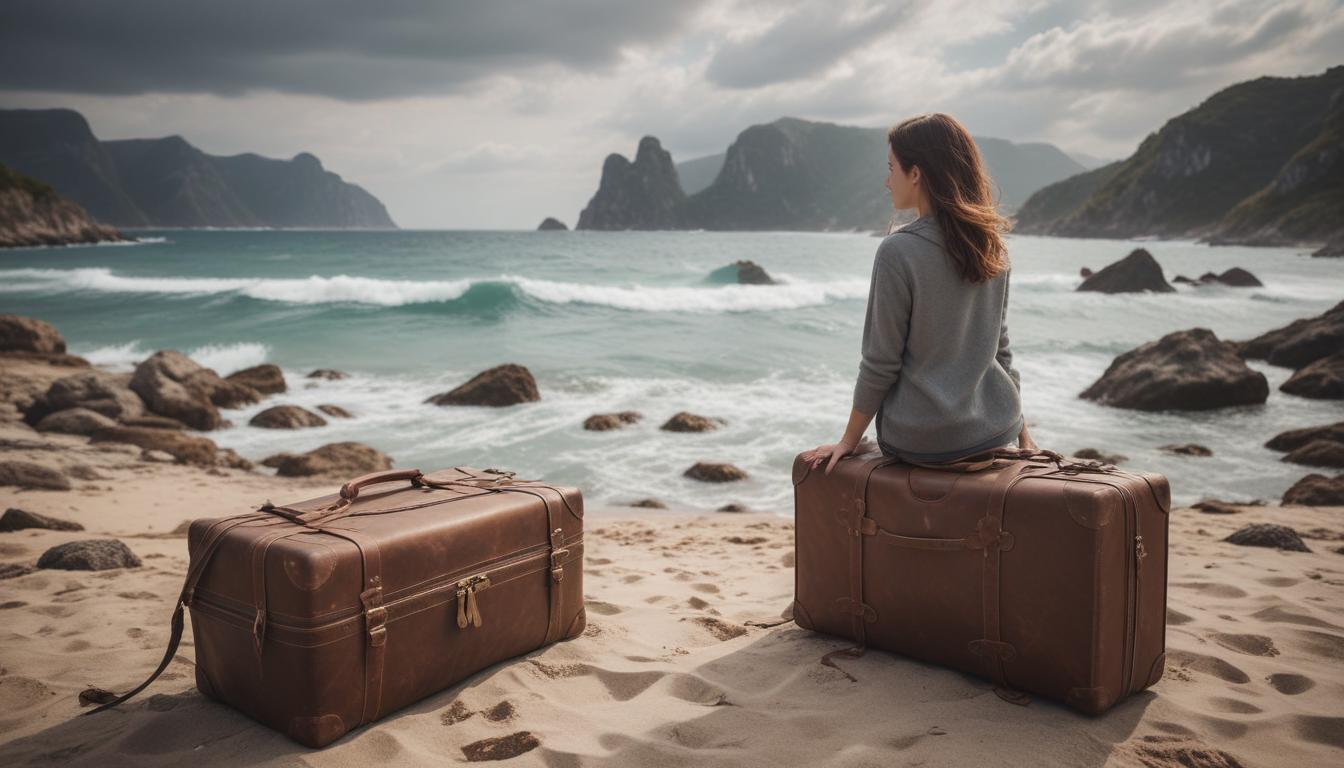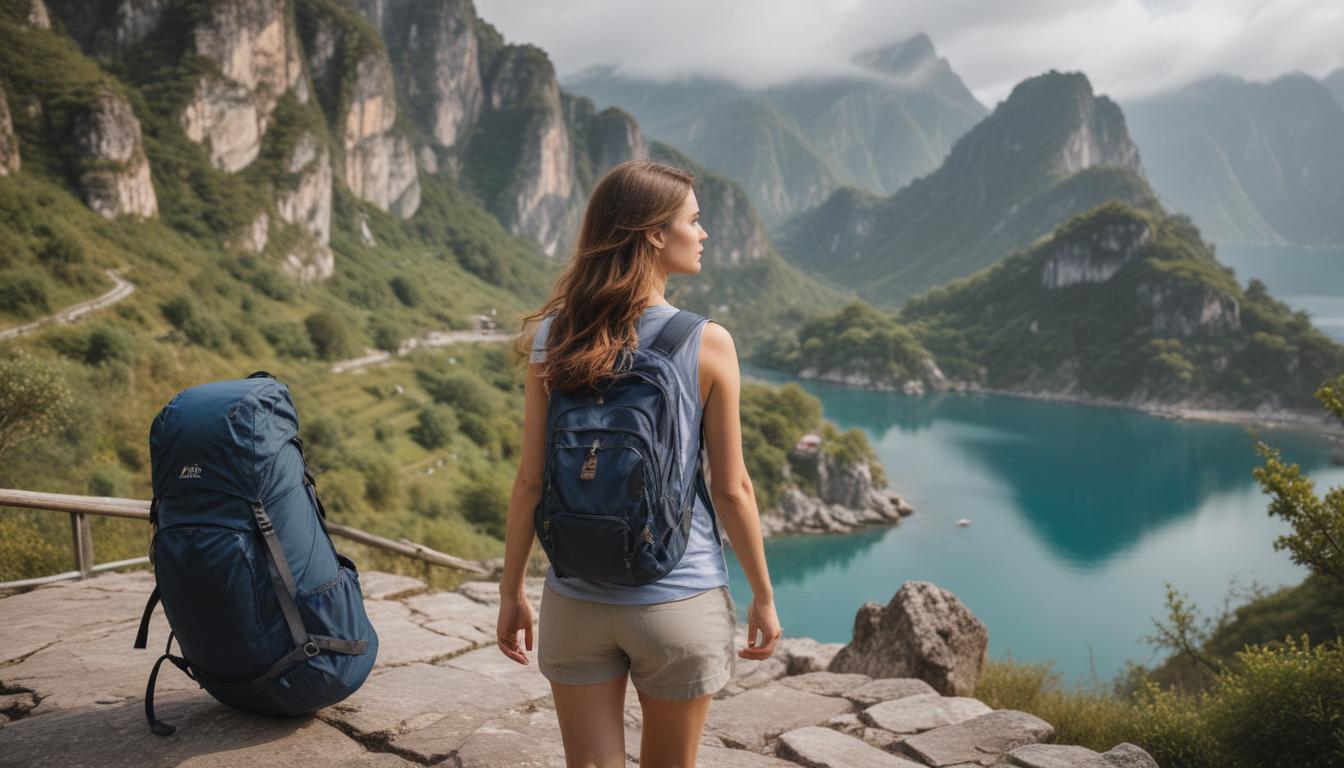Now Reading: Your Guide to Staying Well on the Go
-
01
Your Guide to Staying Well on the Go
Your Guide to Staying Well on the Go

Healthy Travel Tips Staying Well on the Go
There is nothing more frustrating than spending months planning the perfect trip, only to have it derailed by a sudden cold, an upset stomach, or overwhelming fatigue. You have your itinerary set and your bags packed, but the fear of getting sick looms, threatening to turn your dream vacation into a miserable experience. This common travel anxiety can spoil the excitement, but it does not have to be your reality. Staying healthy while exploring the world is not about luck; it is about preparation and making smart, simple choices along the way.
The good news is that you can take control of your well-being with a few proactive strategies. By focusing on strengthening your body before you leave and maintaining good habits while you are away, you can significantly reduce your chances of falling ill. This guide will provide you with actionable, easy-to-follow tips to help you stay energized, feel great, and make the most of every moment of your adventure. Forget worrying about getting sick and start looking forward to creating incredible memories.
Before You Go Proactive Preparation is Key
The foundation for a healthy trip is laid long before you step on a plane. A week or two before your departure, begin to focus on boosting your immune system. This means prioritizing a full night’s sleep, as rest is your body’s primary tool for repair and defense. Incorporate immune-supporting foods into your diet, such as citrus fruits, leafy greens, ginger, and garlic. You may also consider adding supplements like Vitamin C, Vitamin D, and zinc to your routine after consulting with your doctor, as these can give your body an extra edge in fending off germs.
Equally important is packing a small, personalized wellness kit. While you can often find pharmacies abroad, having essentials on hand provides immediate relief and peace of mind. Your kit should include any personal prescription medications, along with pain relievers like ibuprofen or acetaminophen. Also pack adhesive bandages, antiseptic wipes, motion sickness medication if you are prone to it, and a gentle remedy for digestive issues. Finally, include a powerful hand sanitizer and electrolyte powders to help you rehydrate quickly after a long flight or a day in the sun.

Navigating the Journey Stay Healthy in Transit
Airplanes, trains, and buses are confined spaces where germs can spread easily. The recycled, low-humidity air on planes is particularly challenging, as it can dry out the mucous membranes in your nose and throat, which are your first line of defense against airborne viruses. Your most powerful weapon in this environment is hydration. Bring an empty reusable water bottle through security and fill it up before you board. Sip water consistently throughout your journey to keep your system hydrated and functioning optimally.
Beyond hydration, practicing good hygiene is non-negotiable. Use hand sanitizer frequently, especially after touching high-contact surfaces like tray tables, armrests, and lavatory doors. Try to avoid touching your face, as this is a primary way germs enter your body. To combat the dry air, some travelers find a saline nasal spray helpful for keeping nasal passages moist. Additionally, make an effort to move around. On a long flight, get up to walk the aisle and stretch your legs every hour or two to promote circulation and prevent stiffness.
Thriving at Your Destination Smart Choices Matter
Once you have arrived, being mindful of what you eat and drink is crucial to staying well. The number one rule is to stick to bottled, boiled, or filtered water. Avoid tap water, and be cautious of ice in your drinks unless you are certain it was made from purified water. When it comes to food, be adventurous but smart. Opt for restaurants that are busy with locals, as this is often a sign of fresh, safe food. Prioritize thoroughly cooked hot meals over raw or lukewarm dishes, and be wary of salads or uncooked vegetables that may have been washed in tap water.
While it is tempting to indulge, listen to your body’s signals. Overeating or consuming too much alcohol can disrupt your digestive system and sleep, leaving you feeling sluggish and more susceptible to illness. Alcohol is also dehydrating, so if you choose to drink, be sure to alternate with plenty of water. It is also a great idea to carry healthy snacks with you, like nuts, seeds, or protein bars. This prevents you from getting overly hungry and grabbing the first unhealthy option you see, ensuring you have a steady source of energy for your explorations.
Prioritizing Rest and Recovery
One of the biggest mistakes travelers make is trying to do too much, too soon. Pushing your body to the limit with a packed schedule and little sleep is a surefire way to weaken your immune system. Prioritize getting a good night’s sleep to allow your body to recover and recharge. To combat jet lag, try to adapt to the local time zone as quickly as possible. Expose yourself to natural sunlight in the morning and avoid long daytime naps. Create a restful environment in your room by using an eye mask and earplugs to block out light and noise.
Remember that a vacation is supposed to be a break. Do not be afraid to build downtime into your itinerary. An afternoon spent reading by the pool or a morning with no plans can be just as valuable as a full day of sightseeing. Moving your body with some light activity, like a walk or gentle stretching, can also help alleviate travel stiffness and boost your mood. By respecting your body’s need for rest, you will have more energy and resilience to enjoy every single part of your trip.


































